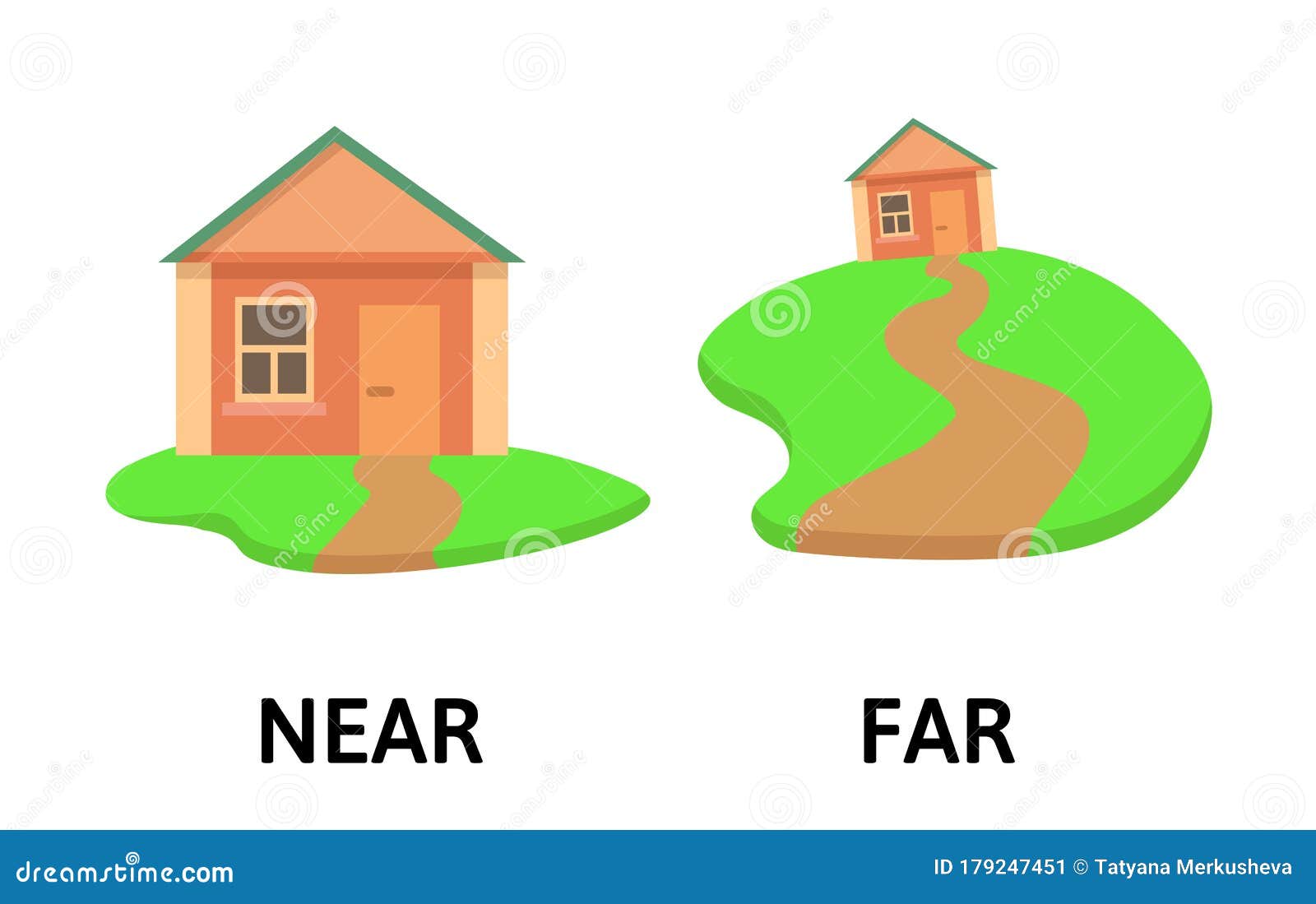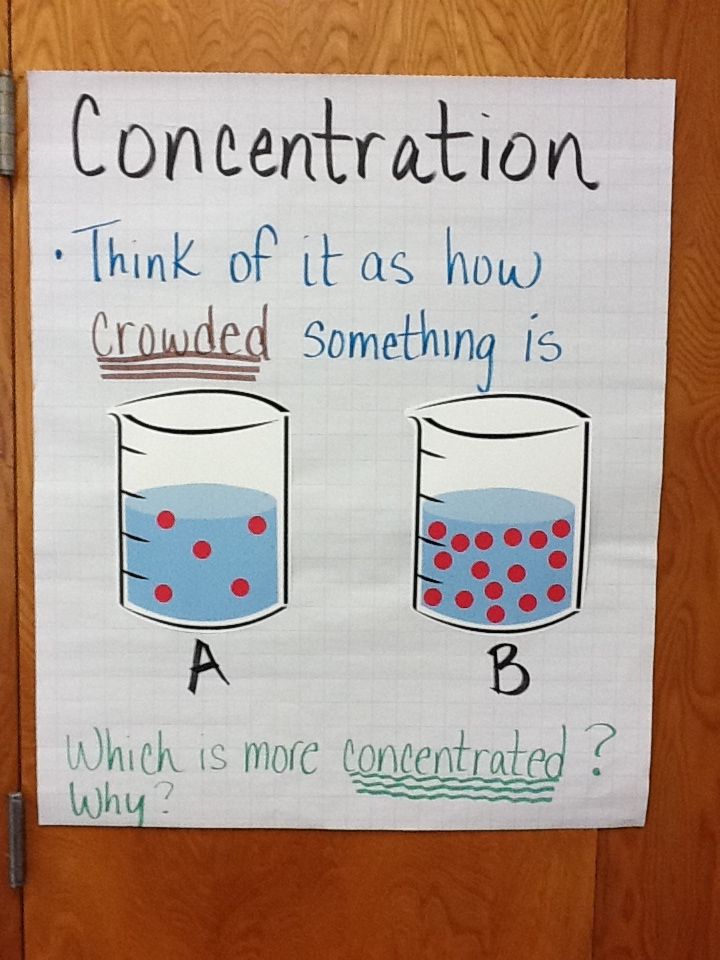Understanding the 16 Career Clusters: Pathways to Success in Education and Employment
Introduction to Career Clusters
Career clusters are a foundational framework developed by the U.S. Department of Education to help students, educators, and career professionals organize and navigate educational and vocational opportunities. There are 16 nationally recognized career clusters , each representing major industry groups and encompassing related career pathways. These clusters are widely adopted across the United States as a guide for curriculum design, career counseling, and workforce development. [1] [2] [5]
What Are Career Clusters?
Career clusters are broad groups of occupations and industries that share common features. Each cluster contains multiple career pathways, which are sequences of academic and technical courses that prepare students for a range of related occupations. For example, the Health Science cluster encompasses jobs such as nursing, medical technology, and healthcare administration. The clusters serve as a bridge connecting secondary and postsecondary education to workforce needs, ensuring that students receive relevant, skills-based training.
The 16 National Career Clusters
The full list of career clusters includes:
- Agriculture, Food & Natural Resources
- Architecture & Construction
- Arts, Audio/Video Technology & Communications
- Business Management & Administration
- Education & Training
- Finance
- Government & Public Administration
- Health Science
- Hospitality & Tourism
- Human Services
- Information Technology
- Law, Public Safety, Corrections & Security
- Manufacturing
- Marketing
- Science, Technology, Engineering & Mathematics (STEM)
- Transportation, Distribution & Logistics
Each cluster contains multiple pathways, leading to more than 79 distinct career pathways across all clusters. [3]
How Career Clusters Empower Students and Professionals
Career clusters act as a roadmap for students and adults planning their educational and career journeys. By grouping careers into clusters, individuals can:

Source: alamy.com
- Identify their interests and strengths through cluster exploration.
- Research educational programs tailored to their preferred cluster.
- Connect learning in school to future career opportunities.
- Plan for transitions from secondary to postsecondary education and into the workforce.
For example, a student interested in science and technology can review the STEM cluster and its associated pathways, such as engineering or computer science, and choose relevant courses or extracurricular activities to build applicable skills. [2]
Implementing Career Cluster Exploration: Step-by-Step Guidance
- Self-Assessment: Begin by evaluating your interests, skills, and values. Many schools and career centers offer assessments that can help identify which clusters align with your strengths.
- Research Clusters: Visit your school’s career counseling office or official education department website to access detailed information about each cluster. Review the types of jobs, skills required, and educational pathways associated with each cluster.
- Explore Pathways: Within each cluster, examine the specific career pathways. Identify occupations that appeal to you and investigate the academic and technical courses needed for entry into those fields.
- Create an Education Plan: Work with a guidance counselor or advisor to select electives, extracurricular activities, and internships that support your chosen cluster and pathway.
- Seek Real-World Experience: Pursue internships, volunteer work, or job shadowing within your target cluster to gain hands-on experience and network with professionals.
- Review and Adjust: Regularly review your plan as you progress through your education and career. Interests may change, and new opportunities may arise within different clusters.
If you’re unsure where to start, you can ask your school counselor, local workforce development office, or search for “National Career Clusters Framework” on your state’s department of education website for official resources and guidance.

Source: thegrammarblog.blogspot.com
Alternative Approaches and Regional Adaptations
While the 16 national clusters are widely adopted, some states and regions have modified or expanded the list to meet local industry needs. For instance, Texas and Michigan have added an “Energy” cluster, and California groups clusters into broader “Industry Sectors” such as “Energy, Environment, and Utilities.” These adaptations ensure that career education remains relevant to local economies and workforce demands. [1]
If you live in a state with unique clusters, contact your state’s department of education for specific details and guidance on available clusters and pathways.
Challenges and Solutions in Career Cluster Selection
Choosing the right cluster can be challenging, especially when interests overlap multiple areas. Some common challenges include:
- Uncertainty about interests: Students may not be sure which cluster best fits their skills.
- Lack of information: Not all schools have comprehensive resources for cluster exploration.
- Changing job markets: Industry trends can shift, affecting the demand for certain careers.
Solutions include engaging in career assessments, consulting with advisors, and staying informed about workforce trends through resources like the Bureau of Labor Statistics and official state education websites. [4]
Practical Example: Navigating Career Clusters for Success
Consider a high school student, Maria, interested in health and helping others. She explores the Health Science cluster, researching careers such as nursing, laboratory technology, and physical therapy. With guidance from her school counselor, she selects science electives and volunteers at a local hospital. As she progresses, Maria adjusts her plan, applying to colleges with strong health science programs. By leveraging the cluster framework, Maria transitions smoothly from secondary education into a rewarding healthcare career.
Accessing Career Cluster Resources
To access career cluster resources, you can:
- Search for “Career Clusters” or “National Career Clusters Framework” on your state’s department of education website.
- Consult your school’s guidance counselor or career center for cluster guides and pathway maps.
- Contact local workforce development offices for information on regional clusters and opportunities.
- Explore sector-specific professional organizations, such as SkillsUSA , which organizes career competitions and provides resources for students and educators. [2]
Always confirm you are using official sources and avoid unofficial or fabricated websites. If in doubt, seek guidance from your school or local government agencies.
Key Takeaways
The 16 career clusters provide a structured approach for exploring education and employment options across nearly every major industry. By understanding and leveraging these clusters, students and professionals can make informed decisions, develop relevant skills, and pursue fulfilling careers. For the most accurate and current information, always rely on official education and workforce agencies, and use cluster exploration as a dynamic tool for lifelong career development.
References
- [1] Career Key (2014). 16 Career Clusters with tips to choose one.
- [2] SkillsUSA (2025). Reach: SkillsUSA and Career Clusters.
- [3] SkillsUSA (2023). Career Cluster Descriptions and Competitions.
- [4] Bureau of Labor Statistics (2015). Clusters, pathways, and BLS: Connecting career information.
- [5] Leyden High Schools (2024). National Career Clusters.



